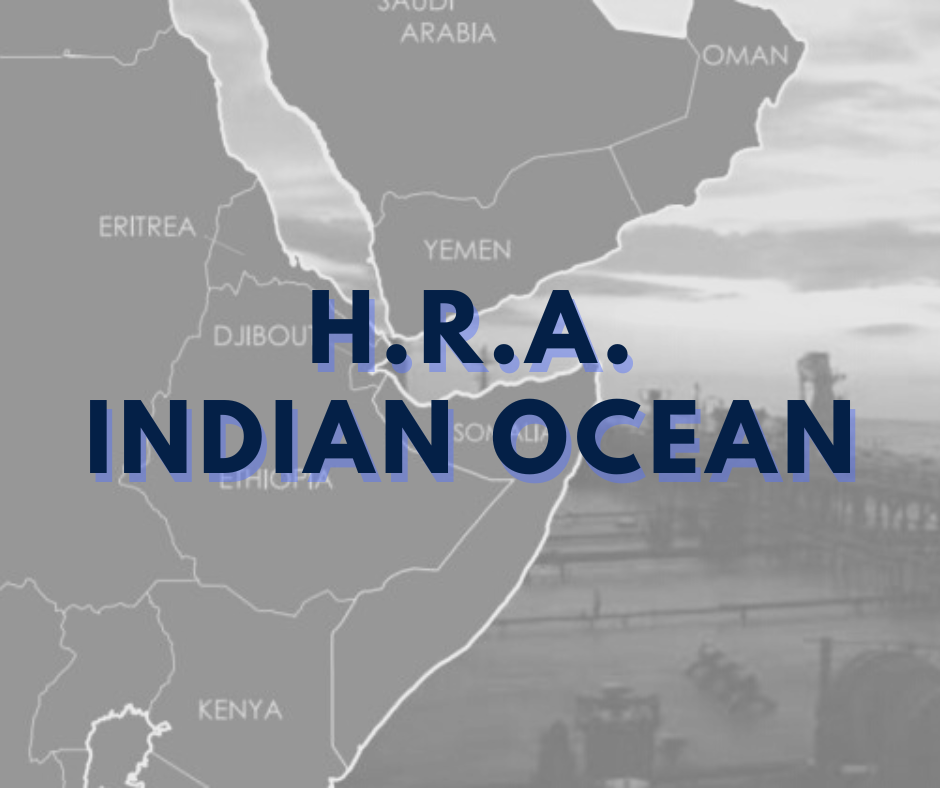Yemen’s warring sides have failed to reach an agreement to extend a nationwide ceasefire, the United Nations has said.
In a statement, the UN’s envoy to Yemen called on all sides to refrain from acts of provocation as the talks continue, after an October 2 deadline for extending the agreement expired.
The UN-backed truce initially took effect in April and raised hopes for a longer pause in fighting.
The devastating conflict began in 2014 when the Iranian-backed Houthis seized the capital of Sanaa and much of northern Yemen and forced the government into exile. A Saudi-led coalition, including the United Arab Emirates, intervened in 2015 to try to restore the internationally-recognized government to power.
In a statement, UN Envoy for Yemen Hans Grundberg said he “regrets that an agreement has not been reached today”. He did not call out the Houthis by name for failing to agree to his proposal but thanked the internationally-recognized government for “engaging positively” in talks to extend the truce. He called on leaders to continue to try and reach an agreement.
“I urge them to fulfill their obligation to the Yemeni people to pursue every avenue for peace,” he said.
The foreign minister for Yemen’s internationally-recognized government placed the blame for the truce ending on the Houthis. In comments made with the pan-Arab Satellite channel Al-Hadath, Ahmed Awad Bin Mubarak said that Houthis had obstructed the ceasefire and gone against the interest of the Yemeni people.
“The government made many concessions to extend the truce,” he said.
There was no immediate comment from the Houthis, but on Saturday they said that discussions around the truce had reached a “dead-end,” and that they were continuing to advocate for a full opening of the Sanaa airport and lifting of the blockade on the key port city of Hodeida.
The group hosted a large military parade last month, showcasing rockets and large weaponry, drawing condemnation from observers.
Source: Al Jazeera

